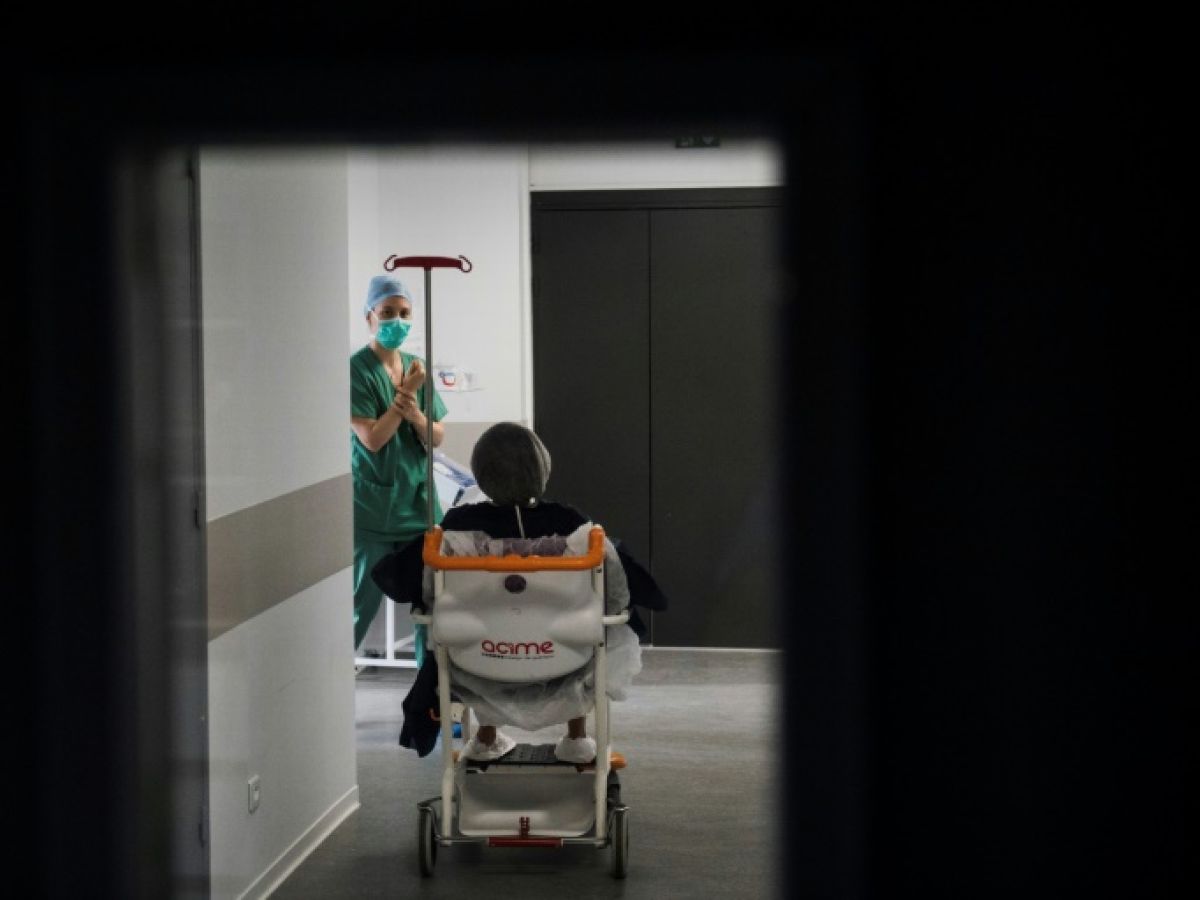Per capita health spending on cancer in OECD countries is expected to jump by €671 billion by 2050 due to ageing populations and better survival rates, the organisation calculates, which makes recommendations for better care and reduced costs.
Within the Organisation for Economic Co-operation and Development, cancer causes 281.3% of deaths, deprives the labour market of 3.1 million full-time workers and costs each year 449 billion euros (an amount calculated in purchasing power parity (PPP), that is to say converted to equalise the purchasing power of different countries), according to a report published Thursday.
However, per capita health expenditure related to cancer is expected to increase by 67% between 2023 and 2050 on average in the OECD, due to the ageing of the population and the "efforts deployed" to cure the sick, because "people survive longer, need longer treatment and can get cancer again".
In addition, "increasing treatment costs due to new drugs and new technologies" and those "related to follow-up care for a growing number of survivors" will further increase the bill, the report notes.
To reduce this "current unsustainable trajectory of cancer costs", the OECD has made various recommendations.
According to the organization, one in four premature deaths could be avoided through "more consistent and effective cancer care," meaning "early detection" combined with "equitable access to effective and affordable treatment," including for people with low incomes and education levels, "within reasonable time frames."
Because in many countries there remains "significant potential for improving cancer care": the survival rate for lung cancer, for example, ranges from 5% in Chile to 33% in Japan.
Also, "vaccination campaigns, particularly against the human papillomavirus (HPV), can play a crucial role in preventing cancer, particularly cervical cancer" whose coverage rate in the OECD is 69%, far from the 90% targeted.
And since four out of 10 cancers "can be prevented by healthier lifestyles, stronger policy action" on "key cancer risk factors" aimed at reducing "smoking and alcoholism, excess weight, unhealthy diets, lack of physical activity and air pollution" would be crucial to reducing the "growing burden of cancer".
Achieving international policy targets on tobacco such as those in the WHO Global Action Plan would notably "prevent 56,000 premature deaths per year in OECD countries, or one every ten minutes."
In conclusion, "addressing inequalities in cancer risks, care and outcomes is essential to reduce" the economic burden of this disease and "improve population health in OECD countries."
